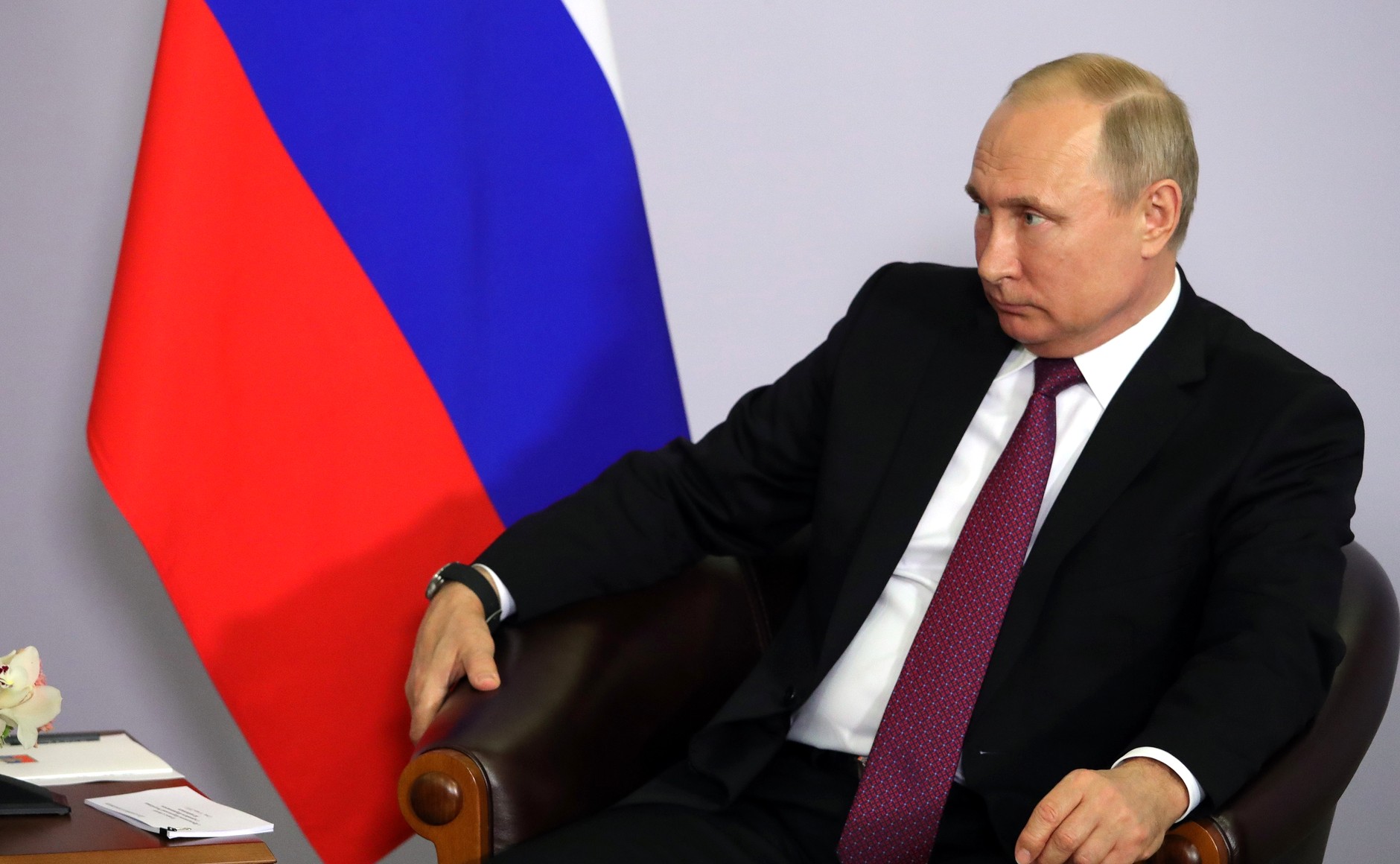This is how sanctions are deflating Russia’s economy

The data shows that Russia's economy is in serious trouble. Gas production is at its lowest since 2008 and exports at its lowest since 2014. All the details
In July, Gazprom, the gas company controlled by the Russian government, produced an average of 774 million cubic meters of natural gas per day. This is the lowest since 2008, and a 14 percent drop from June.
In 2022, Gazprom's output so far amounts to 262.4 billion cubic meters, 12 percent less on an annual basis. The company expects to produce € 494.4 billion by the end of next December, 4 percent less than it did in 2021.
THE RUSSIA-EUROPE CRISIS
The decline in production is combined with a sharp decrease in sales to the European Union – its most important market -, due to the deterioration of relations between the West and Russia after the invasion of Ukraine. The gas flows currently passing through Nord Stream 1, the pipeline between Russia and Germany, are worth just 20 percent of the plant's capacity. Supplies passing through Ukraine – an important transit area for Russian gas – are less than 40 per cent of the volumes defined by the contracts. In May Gazprom canceled the Yamal-Europe pipeline, which reaches Germany via Belarus and Poland.
THE DECREASE IN EXPORTS
Gazprom does not provide accurate data on its exports. According to Bloomberg 's calculations, however, we know that in July it sold an average of 206 million cubic meters of gas per day to countries outside the former Soviet Union. It's the lowest since 2014, as well as a 22 percent decrease from June levels.
Gazprom's exports to its key markets have been declining for four consecutive months.
THE (LIMITED) ROLE OF CHINA
The sharp increase in supplies to China was therefore not enough to compensate for the reduced access to the Old Continent: first of all there are no export plants; and then the Chinese market does not even guarantee the same income as the European one because Moscow has agreed to sell hydrocarbons to Beijing at discounted prices.
– Read also: Why Russia will not be able to replace Europe with China on gas
HOW IS THE ECONOMY OF RUSSIA GOING
In the second quarter of 2022 (April-June), Russia's economy contracted by 4 percent, after growing by 3.5 percent in the previous period. In June – more specifically – the Russian economy suffered a decline of 4.9 percent; in May it was 4.3 per cent.
THE YALE STUDY ON THE IMPACT OF SANCTIONS
However, the Russian government maintains that the national economy remains solid, and that the international sanctions – imposed after the invasion of Ukraine on February 24 – are rather damaging the West. However, a study by Yale Universitydisputes the reconstruction of the Kremlin.
The study authors used Russian consumption and trade data to measure the country's overall economic activity five months after the war began. Through the analysis of these indicators, for example, they were able to ascertain how the role of Moscow as an exporter of raw materials has been significantly affected, and how the country has had to reorient itself towards Asia to compensate for the reduced access to European markets, those historically of reference.
In addition, Russian imports have plummeted in recent months and the country is having difficulty securing supplies of components and technologies. In the absence of basic inputs, Russia may fail to advance in industrial innovation, losing competitiveness.
PERCEPTION AND REALITY
The exit from the country of about a thousand foreign companies also resulted in an impact on Russia's gross domestic product of about 40 percent, according to the study. The government budget went into deficit for the first time and the Kremlin's finances would be "in much, much more disastrous conditions than is commonly understood."
The gap between perception and reality is fueled by the fact that the Russian government only disseminates the most favorable economic indicators to the public, so as to legitimize its winning narrative, avoiding advertising all the others.
Industrial production figures in June, for example, say that automotive output fell by 89 percent, that of fiber optic cables by nearly 80 percent and that of natural gas by about 33 percent. .
Russia June industrial production –1.2% y / y, 0% m / m
Manufacturing –4.5%
Natural gas –32.8%
Cigarettes –32.4%
AC motors –12.3%
Lead batteries –21.8%
Fiberoptic cables – 79.6%
Fridges – 52.3%
Elevators –59.9%
Passenger cars –89%
Trucks –40%
Freight cars –34.4% https://t.co/483xVd6N6Q pic.twitter.com/Xo3p9xg1Ql– Iikka Korhonen (@IikkaKorhonen) July 27, 2022
Iikka Korhonen is the head of the Bank of Finland Institute for Emerging Economies (BOFIT).
This is a machine translation from Italian language of a post published on Start Magazine at the URL https://www.startmag.it/mondo/crisi-economia-russia-gazprom/ on Tue, 02 Aug 2022 11:57:46 +0000.
